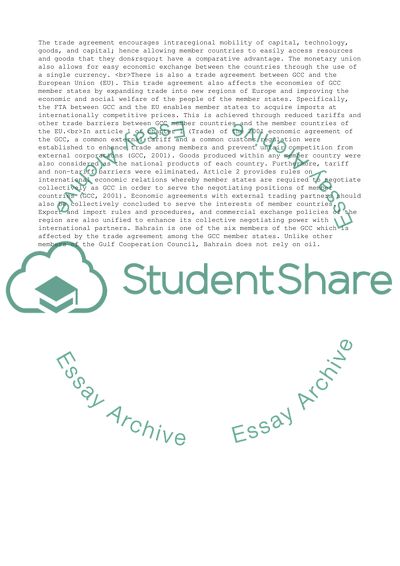Cite this document
(“GCC trade agreement Research Paper Example | Topics and Well Written Essays - 2250 words”, n.d.)
Retrieved from https://studentshare.org/business/1671076-gcc-trade-agreement
Retrieved from https://studentshare.org/business/1671076-gcc-trade-agreement
(GCC Trade Agreement Research Paper Example | Topics and Well Written Essays - 2250 Words)
https://studentshare.org/business/1671076-gcc-trade-agreement.
https://studentshare.org/business/1671076-gcc-trade-agreement.
“GCC Trade Agreement Research Paper Example | Topics and Well Written Essays - 2250 Words”, n.d. https://studentshare.org/business/1671076-gcc-trade-agreement.


